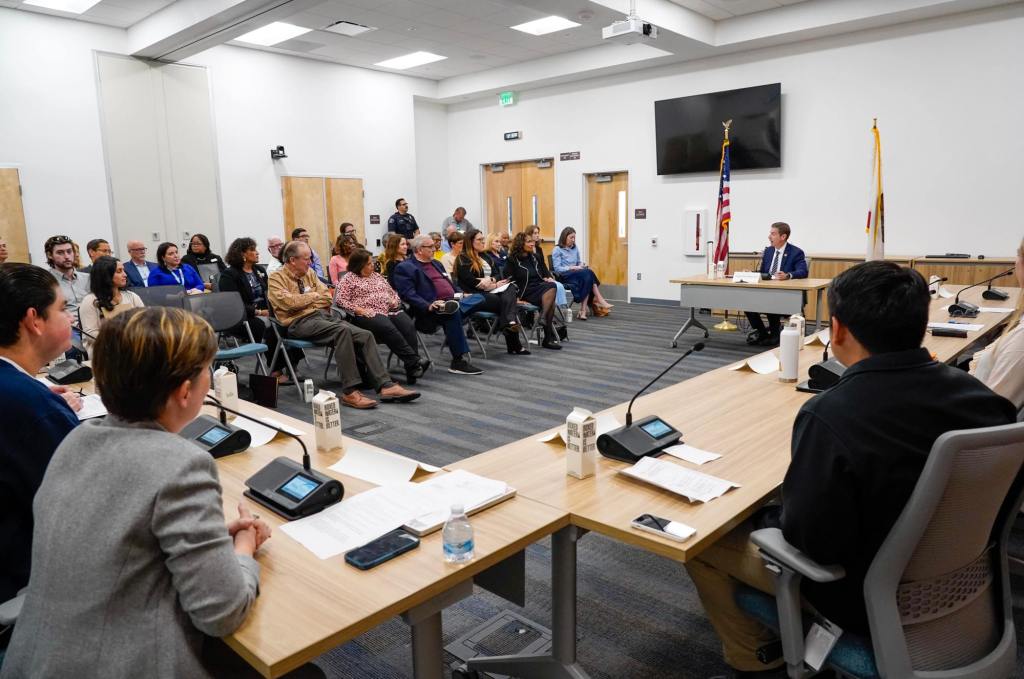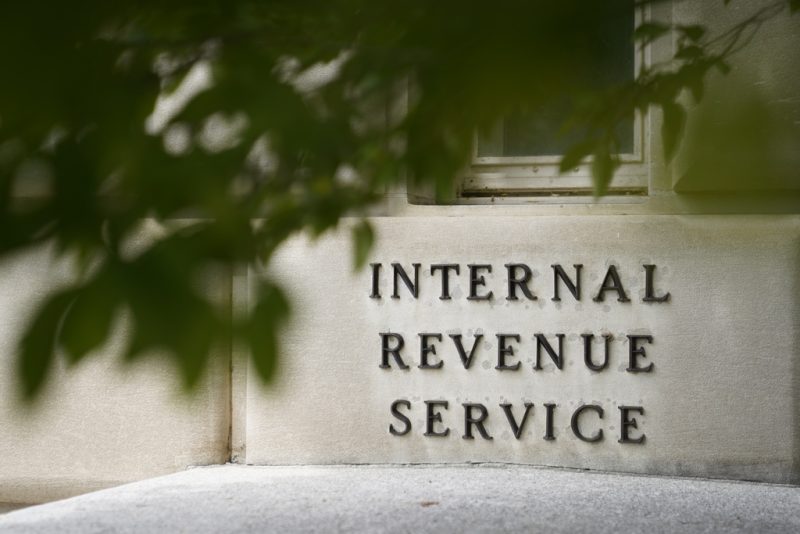

San Diego County education leaders gathered at MiraCosta College in Oceanside this week to warn of the profound effects that losing federal funding could have on their work and their lives.
The panel event Thursday, led by Rep. Mike Levin and modeled on congressional hearings, featured representatives for education from early childhood to university — including Oceanside Unified Superintendent Julie Vitale, along with Corinne Peek-Asa, the UC San Diego vice chancellor for research and innovation, along with Mike Fino, MiraCosta’s dean of natural and social sciences.
Federal funding for both K-12 and higher education has been threatened with freezes and worse.
President Trump has said he plans to gut the federal Department of Education, and the agency has ordered schools to end diversity initiatives or risk losing funds. Federal education funding often targets high-poverty schools or students in special education programs; federal law ensures an education and support for students with disabilities.
MiraCosta graduate Esther Nair said she had initially dropped out of college in her first year to get married. “It took about 11 years to realize that that was a bad choice,” she said.
As she struggled to provide for two children and keep her home throughout a divorce, federal Pell grants allowed her to attend MiraCosta again and earn two associate degrees and a bachelor of science.
“All of this was due to funding, really — all of it,” she said.
At the local K-12 level, Vitale said that someone had recently asked her what she would do without the $27 million her district gets in federal funding. The cost, she said, would mostly be in people.
“Because we’re the most expensive part of the educational system, our salaries and benefits — and I don’t even want to do the math on how many people that would mean to cut, other reductions to programs,” she said.
Levin said he doesn’t “want to be alarmist about it” but thinks she needs to do the math, because there are real threats.
He also asked Peek-Asa about a comment that University of California Regent Rich Leib, a San Diego native, made to The San Diego Union-Tribune calling the potential loss of funding a “true threat” to UCSD.
She said that threat was “critical,” echoing statements the university made Thursday as it froze new faculty hiring amid the funding uncertainty.
“It is a threat to our ability to accelerate research to a commercial scale,” she said. “It’s a threat to our ability to work with all of our partners to get students’ hands on the facilities that we need for the future.”
She said that she is a “true believer” that universities play an important part in the economic success of the U.S.
“And if we are not able to work at the top of our game, when we see many other countries investing far more in these ecosystems, it is a competition we run the risk of losing,” she said.
Levin also asked Vitale what would happen to students with disabilities if her district lost funding under the federal Individuals with Disabilities Education Act.
She said that, as public educators, they’re going to find a way to serve kids, and they don’t discriminate. “We’ve always found a way to fund critical things,” she said. “So we’ll still serve the students — we’ll figure it out.”





